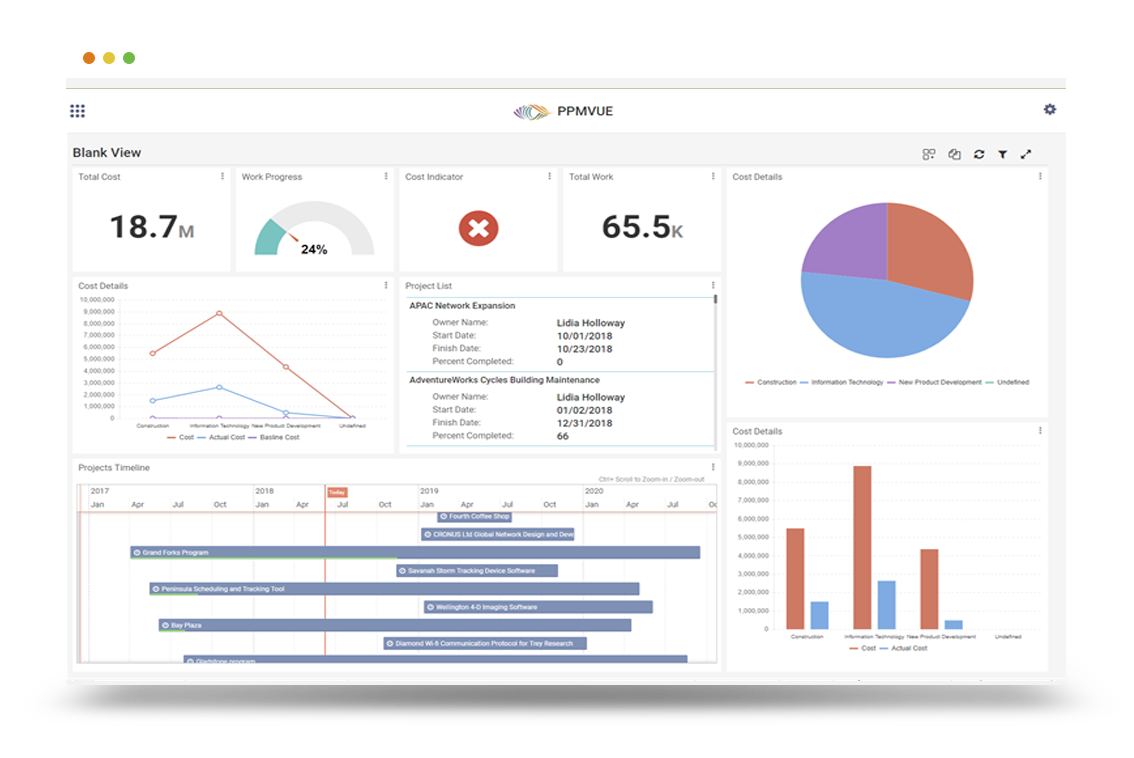The dictionary defines escalation as an increase in intensity or to counteract a discrepancy. If we translate this to the project management world, there are usually many discrepancies with different intensity levels throughout the life cycle of a project. The project management process is based on meeting commitments, so the project team needs to be accountable and understand when to escalate when commitments are in jeopardy. Some common project discrepancies that require escalation includes, but not limited to resource conflicts, scope creep, deliverable issues, and team member confrontations.
If a project manager perceives any major issues with team commitments, they need to handle it immediately, either personally or escalate, as necessary. It is better to address conflicts yourself first, while keeping your manager in the loop, before escalating. However, it is not always that easy and sometimes you do not get quick results when timing is of the essence. Every project manager has a troublesome project at one point in their career and they usually are hesitant on whether they should escalate the problem. There may be personal or ethical issues that cause PMs not to escalate, such as:
- Not wanting to come across as complaining
- Not wanting to make others feel bad
- Maintaining good relations with our colleagues
- Avoiding conflicts
- Continue being positive and waiting for issues to resolve themselves
When addressing issues, it is always better to resolve issues with a small group, rather than advertising to all as a big problem.
- Have a one-on-one conversation with the person you are having a conflict with
- Do your research to support your argument and be open minded
- Clarify your point of view by consulting the issue with your peers for their opinion
- Be positive to avoid defensive responses
You should not feel like the bad guy when you are trying to save your project. Critical risks can suddenly turn into major problems and it is always good to involve higher level stakeholders using appropriate escalation methods. The key with escalation is finesse, giving you the outcome, you are looking for without creating additional tension within the project team.
- Share what you are planning to do with the involved parties to avoid surprises
- Check with your manager for preliminary advice and direction
- Remain professional and have a humble attitude towards the other side
- Schedule a meeting rather than emails and have an open conversation in a friendly environment
- Avoid circumventing or going behind another’s back, as this is the worst thing that you can do

Do not hesitate to go further if you think the first level of escalation did not help you. However, most of the time upper-level managers are not going to overrule their teams and make opposing decisions. Therefore, the possibility of getting help decreases as you go higher. This does not mean you should stop fighting for your project but fight with caution.
Generally, every escalation should have a resolution timeframe. After the resolution is determined, the project team should have adequate time to implement the agreed upon decision. Therefore, it is key to follow-up with the people, that you have escalated with, to ensure the conflict is resolved in a timely manner. It is also a good idea to conduct a lessons-learned session with your project team for future reference and improvements.
In summary, escalation is not a bad word but an essential part of a healthy project lifecycle. There is no magic formula and sometimes not even a defined escalation process for most organizations, so it mostly depends on the talent of project manager to handle the escalation as smoothly as possible.
For more information on how we can help you and your project management team, send us an email
If you are looking to kick start your project management journey, sign up for our Microsoft Training Classes. We hope you find this blog post helpful. For more tips and tricks on Project Management, follow us on LinkedIn and Instagram

